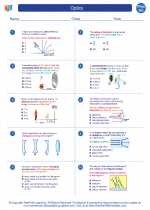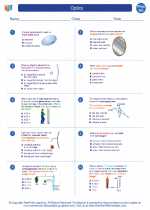Glycogen
Glycogen is a complex carbohydrate that serves as the primary storage form of glucose in animals, including humans. It is synthesized and stored mainly in the liver and muscles. Glycogen is a highly branched polymer of glucose molecules and is a crucial energy reserve for the body.
Structure of Glycogen
Glycogen is composed of a core protein called glycogenin, which serves as the nucleation site for glycogen synthesis. Glucose molecules are added to the glycogenin core through the action of enzymes such as glycogen synthase and branching enzyme. This results in a highly branched structure, allowing for rapid access to glucose during times of high energy demand.
Function of Glycogen
Glycogen serves as a readily mobilized storage form of glucose, which can be broken down to provide energy during periods of fasting or increased energy demand. When blood glucose levels drop, the body can quickly break down glycogen into glucose and release it into the bloodstream to maintain normal blood sugar levels.
Regulation of Glycogen Metabolism
The synthesis and breakdown of glycogen are tightly regulated by hormones such as insulin and glucagon. Insulin promotes the storage of glucose as glycogen when blood glucose levels are high, while glucagon stimulates the breakdown of glycogen to release glucose into the bloodstream when blood glucose levels are low.
Study Guide
- What is the primary storage form of glucose in animals?
- Describe the structure of glycogen and the role of glycogenin.
- Explain the function of glycogen as an energy reserve in the body.
- Discuss the hormonal regulation of glycogen metabolism.
- Compare glycogen synthesis and breakdown in the liver and muscles.



